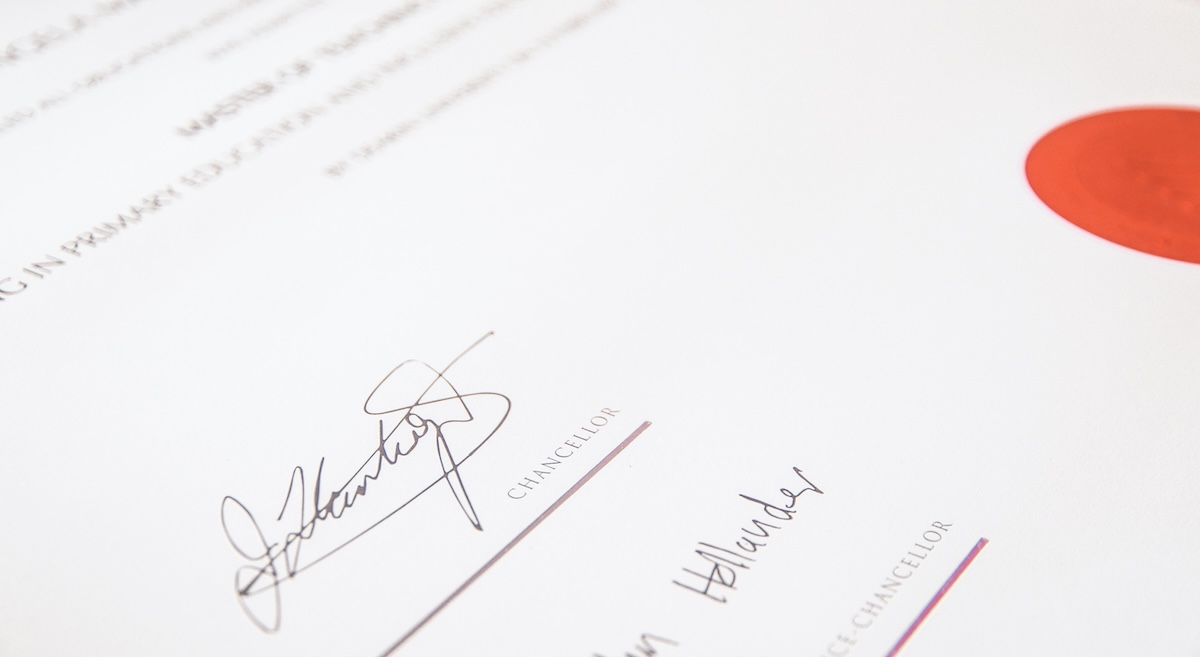Sustainability is everywhere these days, and here at Pythagoras, it’s also a hot topic. It has been shown that 37% of all global emissions come from buildings. In Sweden, the figure is 22% and if you take a closer look at the data, it becomes clear that it is not construction that is the big culprit.
In the Western world, a property has a lifespan of around 100 years, so it is actually the property management that accounts for the most emissions. That’s why we think there could be more talk about sustainability and sustainable property management in particular. As a framework for a deep dive into the topic, we have searched for sources that define ‘sustainable property management’ and come closest with the Swedish Property Federation (Fastighetsägarna), which writes the following:
Sustainable property management means building and managing properties in a way that is good for the environment, society and the economy. It involves using energy- and resource-efficient solutions, being profitable in the long term and using new technologies responsibly.
Environmental sustainability: building and managing properties that save energy, reduce climate impact and use environmentally friendly materials.
Social sustainability: Social sustainability: creating homes and workplaces that are good for people, for example by providing safe housing and healthy environments for all.
Financial sustainability: Financial sustainability: focus on long-term profitability and stability, while taking responsibility for risks and operating ethically.
Innovation: using new technologies to create efficient and sustainable solutions.
But this definition includes the construction phase as well, so since we want to discuss management specifically, we add a definition for that as well (our own).
Property management is often divided into technical and financial management. In technical management, energy optimisation, supervision and maintenance, planned maintenance, corrective maintenance and case management are classic elements. And financial management usually includes contract management, cost allocation, rent notification, reporting, etc. Other maintenance can include cleaning, snow removal, etc.
Let’s start with some of the different aspects of sustainability that the Property Owners brought up to discuss management. The social aspect is a bit thin when it comes to management, so we will skip that.
Property management and environmental sustainability
Here we see above all that energy optimisation, more efficient operation and maintenance will be relevant to highlight. But there are also relevant parts of cleaning.
Energy optimisation requires the ability to measure and visualise consumption data to help identify opportunities for improvement. If you see unexplained spikes, you have something concrete to investigate. Maybe it’s enough to change routines, or you need to add tools such as sensors or other smart software to regulate energy consumption to when it’s actually needed or when there’s a surplus to be used.
The second track on property management and environmental sustainability was more efficient operation and maintenance. We have previously written the articles Optimising building operations with an integrated system and Getting preventive maintenance under control. These articles focus on the synergies that can arise when an organisation works smarter together. For example, a building management system that is used by several people in the organisation promotes transparency and collaboration.
Let’s take some examples. If cleaning works in partnership with property, cleaning can participate in the choice of materials for e.g. renovations and ensure that cleaning is as environmentally friendly and efficient as possible. Or, if an organisation plans for more preventive maintenance so that corrective maintenance is reduced, it has much greater opportunities to control costs in both money and energy consumption. Equipment is also more likely to last longer if energy is invested in its preventive maintenance from the start.
Then we come to cleaning. On the one hand, there are the low-hanging fruits such as environmentally friendly cleaning products and the fact that the lifespan of equipment increases with gentle cleaning. But what if we could also reduce unnecessary cleaning? After all, cleaning involves wear and tear as well as water and energy consumption. Cleaning only when it is needed, known as ‘needs-based cleaning’, can be achieved using sensors linked to the cleaning system.
Property management and financial sustainability
As real estate and its operation are costly and central to organisations such as manufacturing industries, commercial properties, hospitals, municipalities and universities, there is every reason for finance managers and controllers to want to keep a close eye on property management and ensure that it is fully optimised in terms of both function and cost savings.
Now there are also sustainability reporting requirements that should make finance even more interested than before in the emissions-heavy item of property management. This means that it is more important than ever to have property systems that can handle property-related transactions such as contract management, while other departments such as finance and sustainability should also be able to easily log in and view reports, and of course there should be integration with the business system for smooth sustainability reporting.
Property management and innovation
Finally, there was the issue of innovation. We can also call it smarter technology investments and integrations. It is important to think future-proof to minimise the risk of switching when making large technology investments. Future-proofing means avoiding silos and personal dependencies, being scalable and integrable, having a stable and forward-looking supplier, and owning your own data. Hardware and software such as solar cells, sensors, property systems, case management, planning and analytical tools are only increasing. Look at the ones that can grow with you and provide the best conditions for your future.
What is your view on sustainable property management? Did you know that sustainable property management has such a significant impact on the environment?



